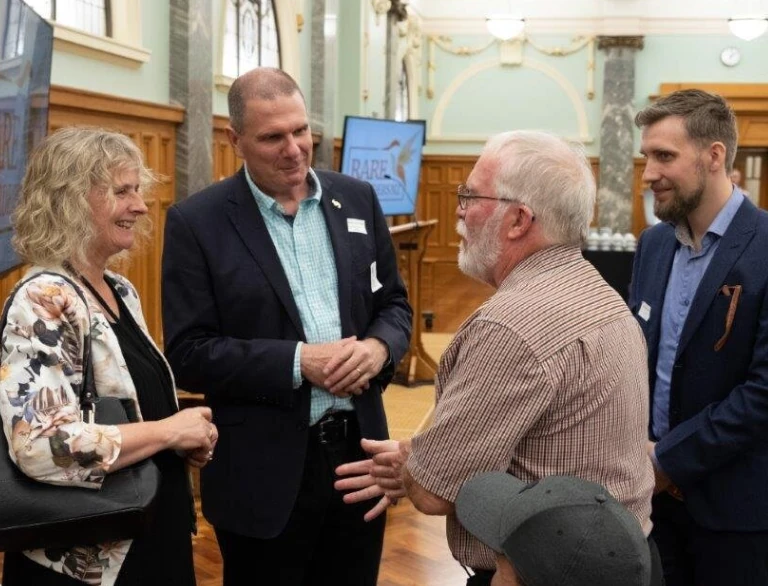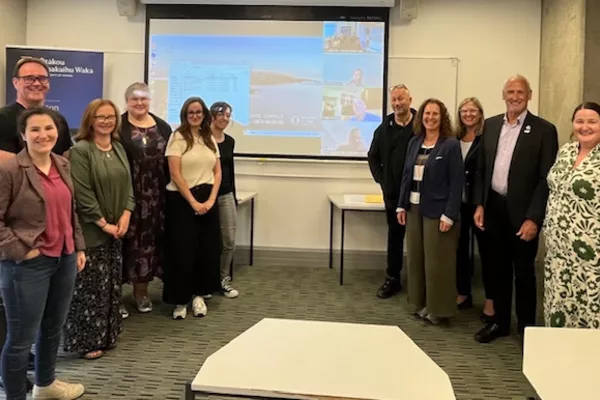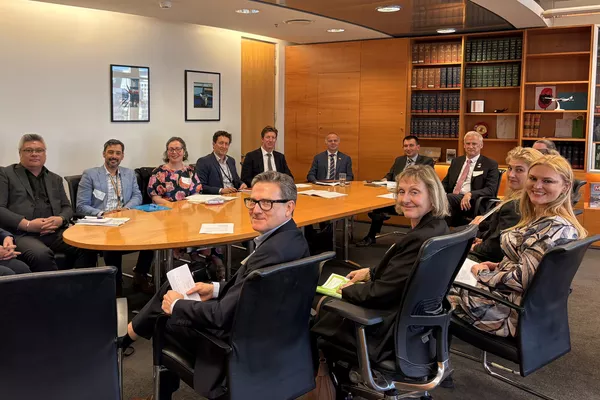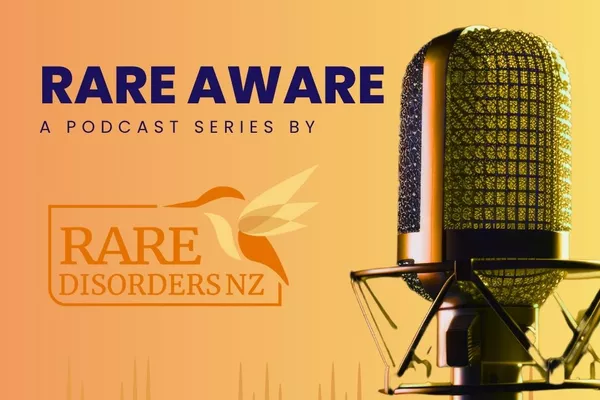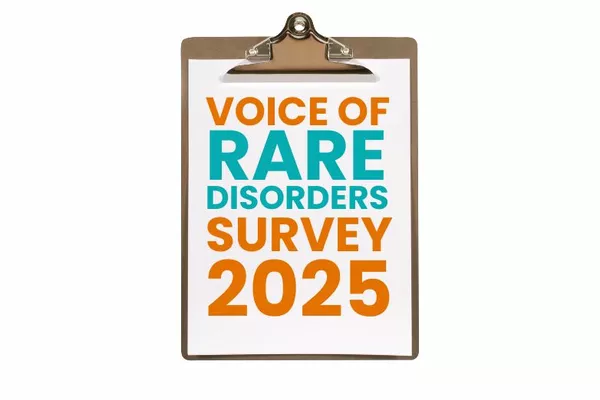Reflections on the Rare Disorders Strategy
Rare Disorders NZ's reflections on the Rare Disorders Strategy
Reflections on the Strategy
The Aotearoa New Zealand Rare Disorders Strategy (the Strategy) is an important first step for the Government to recognise the unique needs and challenges of people living with a rare disorder, who make up 6% of the population.
Rare Disorders NZ was actively involved in the development of the Strategy and provided input and feedback throughout the process. We pushed for the inclusion of four key implementable actions in the Strategy:

It was pleasing to see that we succeeded in getting three out of the four actions included in the Strategy:
- While not explicitly mentioned, the final Strategy includes the building blocks for establishing a Rare and Undiagnosed Centre of Expertise;
- The Strategy stipulates the intention to incorporate coding for rare disorders in the national data collection classification system;
- Rare Disorders NZ has been identified as having an important role to play in actioning the Strategy and we have been told that we will be included in the implementation process.
We were also pleased that our proposal for New Zealand’s official definition of a rare disorder was accepted, ensuring the definition aligns with the widely accepted international definitions of a rare and ultra rare disorder.
We strongly advocated for both Manatū Hauora | Ministry of Health and Te Aka Whai Ora | Māori Health Authority to engage directly with the rare community to ensure the Strategy would be informed by lived experience. The engagement approach Te Aka Whai Ora | Māori Health Authority took was exemplary for the way in which whānau Māori were approached and able to provide their reflections and input. Unfortunately, a similar process for the wider rare community did not happen, though through our insistence Manatū Hauora | Ministry of Health actuated webinars with the patient community, support group leads and experts as a way to collect their input to feed into the Strategy.
One of the most significant outcomes we achieved in the Strategy was that people and their whānau living with a rare disorder will be one of the population groups routinely considered by decision makers when designing health system improvements. The rare voice will be sought for input in major system reviews, service evaluations, business cases and investment decision-making through consumer forums, advisory boards and committees.
Where the Strategy falls short
A glaring omission from the Strategy was regarding access to rare disorder medicines. We wanted to see intention to establish a single barrier-free pathway to rare disorder medicines.
Unfortunately, medicines were only very briefly referred to in the Strategy, which is particularly disappointing given the independent Pharmac Review specifically called for the development of a Rare Disorders Strategy.
We will continue to work with Pharmac on how to improve medicine access for the rare disorder community.
We would also like to have seen the Strategy acknowledge the impact rare disorders have on every aspect of life, not just on health. Living with a rare disorder impacts finances, education, workforce participation, as well as everyday life tasks.
We will continue to work with respective government agencies to ensure that people living with a rare disorder are taken into consideration in system investments and policy development, and that consideration is given to establishing pathways to recognise the unique needs and challenges of the rare community.
We expressed our concerns regarding these omissions in meetings and the following correspondence with the Ministry and the Minister’s office during the development of the Strategy.
Feedback to Manatū Hauora | Ministry of Health
May 2023, Whiteboard session
2 May 2023RDNZ proposal on definition
July 2023 Input into Strategy, emails
July 2023 Increasing community engagement, emails
7 August 2023 Strategy feedback
6 September 2023 Strategy feedback
7 September 2023 Summary of discussion, support groups leads - MOH hui
19 October 2023 Email to Manatū Hauora | Ministry of Health Strategy team
13 November 2023 Email to Manatū Hauora | Ministry of Health Strategy team
13 November 2023 Letter to Maree Roberts, Deputy Director-General, Strategy Policy and Legislation
7 December 2023 Email and letter to Manatū Hauora | Ministry of Health Strategy team
11 January 2024 Letter to Maree Roberts, Deputy Director-General, Strategy Policy and Legislation
24 April 2024 Budget Policy Statement 2024 written submission and oral submission to Finance and Expenditure Committee
Letters to/from Minister of Health Hon Shane Reti
28 February 2024 Letter to Minister Reti
28 March 2024 Letter from Minister Reti
6 May 2024 Letter to Minister Reti
29 May 2024 Letter from Minister Reti
27 June 2024 Letter to Minister Reti
8 August 2024 Letter from Minister Reti
Read here about our priority areas during the implementation phase.



